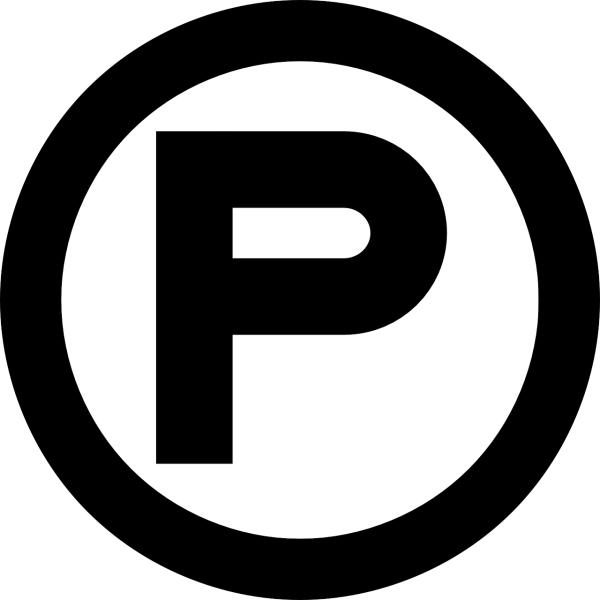In a survey, most patients drive to their doctor’s office for routine care, spending 17 minutes en route. (They are willing to spend up to 28 minutes on that one-way drive). And these distances are exacerbated when living in a rural area. One study noted that women requiring radiation therapy for breast cancer traveled roughly 4-time further than women living in urban areas.
I, too, can attest to long-distance travel to see physicians. Like many in the Tri-state area, I travel to New York City to see specialists. In addition to a 4+ hour round trip, there are transportation costs. If traveling by train, a roundtrip is a bargain at $20 for a senior; when driving, a bridge toll of $10, and a parking charge of usually $45 – at those prices, the gas cost is almost negligible.
The researchers zeroed in on the cost of parking as a measure of financial costs to patients. They considered 115 cancer centers spread across Western Canada concerning themselves with the resultant “financial toxicity.” That is an interesting word choice, especially for physicians involved in cancer chemo and radiation therapy. I believe that toxicity may be a bit more pejorative than is necessary, but in any instance, it refers to “the distress and hardship experienced by patients and caregivers as a result of out-of-pocket expenses incurred during cancer treatment.”
In general, the costs of parking average $2 Canadian ($1.50 US) for an hour and $9.50 ($7 US) for daily parking. The parking costs in the US are not easily identified; suffice to say that if you can find a place on the street to park in New York, it will run more than $1.50 an hour. But the interesting data is not based on those fees but the correlation between parking costs and the cost of living and public transportation near those cancer centers.
 There is a weak to moderate correlation between the cost of living in a city and the daily cost of parking. Like fellow travelers, they rise together.
There is a weak to moderate correlation between the cost of living in a city and the daily cost of parking. Like fellow travelers, they rise together.
The researcher used a scoring system for public transportation; lower scores mean less public transport on buses, subways, and light rail. For a sense of these scores, Los Angeles has a transit score of 53; New York City, on the other hand, has a score of 89.
Here, the correlation is far more robust; cities with better public transit have less free parking – they know NYC so well!
As the researchers point out, transportation to and from radiation and chemotherapy centers is one of the “two most impactful out-of-pocket costs that cancer patients and their families incur,” food is the other. To be fair, when considering transportation barriers to medical care, the usual suspect is actual transportation, those owning or having access to a working car. With an inexpensive public transportation system in New York City, roundtrip care can be as little as $5.50 for those using the subway who can walk from the station to the cancer center.
“A patient who seeks care in a Canadian hospital has to pay for parking. Parking fees amount to a user fee in disguise and flout the health policy objective of the Canada Health Act. [1] “
Perhaps the non-profit hospitals can cover parking expenses, in whole or part, as part of their “community service” in exchange for no taxes.
[1] “to protect, promote and restore the physical and mental well-being of residents of Canada and to facilitate reasonable access to health services without financial or other barriers.
Source: Evaluation of Parking-related Financial Toxicity Associated with Cancer Treatments in Western Canada Journal of Medical Imaging and Radiation Sciences DOI: 10.1016/j.jmir.2022.11.006





